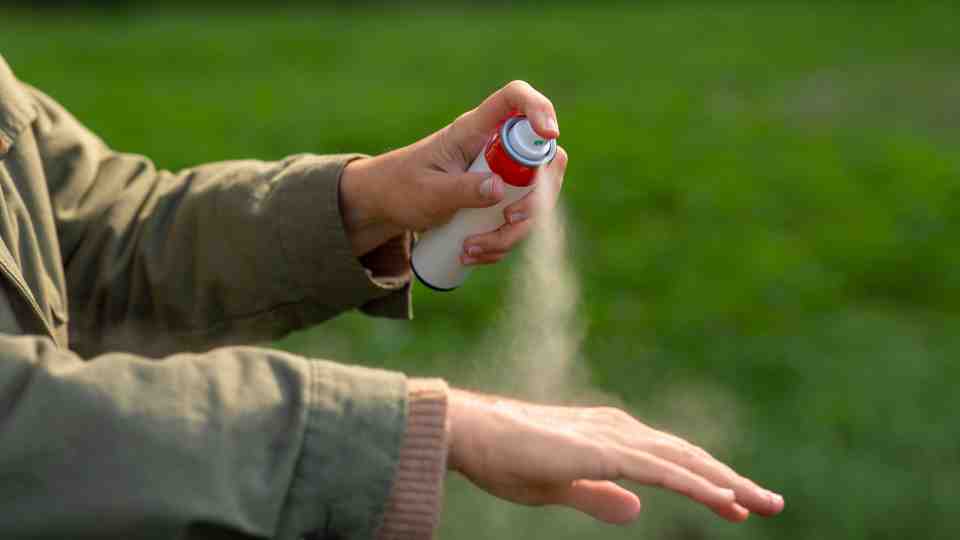Anti-Malaria Tablets vs. Mosquito Repellent: Do You Need Both?
Travelling to exotic destinations is an exciting experience, but for those visiting tropical and subtropical regions, protecting against malaria should be a top priority. Malaria is a serious and potentially life-threatening disease transmitted by infected mosquitoes. Many travellers wonder whether they should rely solely on anti malaria tablets or if mosquito repellent is enough. The truth is that using both in combination provides the best protection.
Why Malaria Prevention is Essential
Malaria is caused by the Plasmodium parasite, which is transmitted through mosquito bites. Once inside the body, it can cause flu-like symptoms, including fever, chills, sweating, muscle aches, and severe complications if left untreated. Some forms of malaria can even be fatal. Unlike common mosquito-borne illnesses such as dengue fever or Zika virus, malaria can often be prevented with medication and proactive measures.
While treatment is available, prevention is always better. The best way to stay safe when travelling to malaria-endemic areas is to take a comprehensive approach—which means combining anti-malaria medication with mosquito bite prevention.
High-Risk Locations for Malaria
Malaria is prevalent in many parts of the world, particularly in Africa, South Asia, Southeast Asia, Central and South America, and certain Pacific Islands. Some of the highest-risk areas include:
Sub-Saharan Africa – Countries such as Nigeria, Ghana, Kenya, Tanzania, and Uganda have high malaria transmission rates.
South and Southeast Asia – India, Myanmar, Thailand, Cambodia, and Indonesia are known malaria hotspots.
South America – Parts of Brazil, Colombia, Peru, and Venezuela have ongoing malaria risks.
Oceania – Papua New Guinea and parts of the Solomon Islands have malaria transmission.
Before travelling, it’s essential to check whether your destination is in a high-risk malaria zone and take the necessary precautions.

The Role of Anti-Malaria Tablets
Anti malaria tablets are one of the most effective ways to prevent malaria infection. They work by killing the malaria parasite in the bloodstream before it can cause illness. Depending on the medication prescribed, they are usually taken before, during, and after travel to ensure full protection.
There are several types of anti-malaria tablets available, including:
Malarone (Atovaquone-Proguanil) – Taken daily, this medication is well-tolerated and effective in most malaria-endemic regions.
Doxycycline – Also taken daily, doxycycline is a cost-effective option but may cause sensitivity to sunlight.
Lariam (Mefloquine) – Taken weekly, Lariam is effective but is not suitable for everyone due to possible side effects such as vivid dreams and dizziness.
A consultation with a pharmacist or healthcare professional at Midnight Pharmacy travel clinic can help determine the best anti-malaria medication based on your travel itinerary, health conditions, and potential side effects.
The Importance of Mosquito Repellent
While anti malaria tablets provide internal protection against the disease, they do not stop mosquitoes from biting. Avoiding mosquito bites is crucial, as mosquitoes can also carry other serious diseases. These include dengue fever, Zika virus, and yellow fever.
Using mosquito repellent is one of the simplest and most effective ways to reduce the risk of bites. When choosing a repellent, look for products containing DEET (at least 50%), picaridin, or PMD (oil of lemon eucalyptus), as these have been proven to be highly effective against mosquitoes.
Additional mosquito prevention methods include:
- – Wearing long-sleeved clothing and trousers, especially at dusk and dawn when mosquitoes are most active.
- – Using mosquito nets while sleeping, particularly in areas where accommodation lacks air conditioning or proper screening.
- – Staying in air-conditioned or well-screened rooms to reduce mosquito exposure.
- – Applying mosquito repellent to exposed skin and reapplying as necessary.
- – Using insecticide-treated clothing for extra protection.
Why You Need Both for Maximum Protection
Travellers who rely solely on mosquito repellent without taking anti malaria tablets put themselves at significant risk of contracting malaria. Even the most diligent application of repellent cannot provide 100% protection from mosquito bites. Missing a single application or being exposed while sleeping can increase the risk of infection.
Conversely, taking anti malaria tablets without preventing mosquito bites means travellers could still suffer from multiple mosquito bites, increasing their risk of contracting other mosquito-borne diseases. Additionally, excessive bites can cause irritation, allergic reactions, and secondary infections.
The best strategy is to combine both methods—taking the recommended anti-malaria medication while consistently using mosquito repellent and other protective measures. This dual approach ensures that you are safeguarding yourself as effectively as possible.
Consult Midnight Pharmacy for Expert Advice
At Midnight Pharmacy, we understand the importance of proper malaria prevention. Our team of experts can provide personalised travel health consultations, helping you choose the right anti malaria tablets based on your destination, health profile, and trip duration. We also offer a range of mosquito repellents and other travel essentials to keep you safe on your journey.
Before you travel, reach out to us at Midnight Pharmacy to discuss your travel health needs and book an appointment. By taking anti malaria tablets and using mosquito bite prevention methods, you can enjoy your adventure with peace of mind, knowing you are protected from one of the world’s most dangerous diseases.

This blog was written on behalf of Midnight Pharmacy by Pharmacy Mentor.


